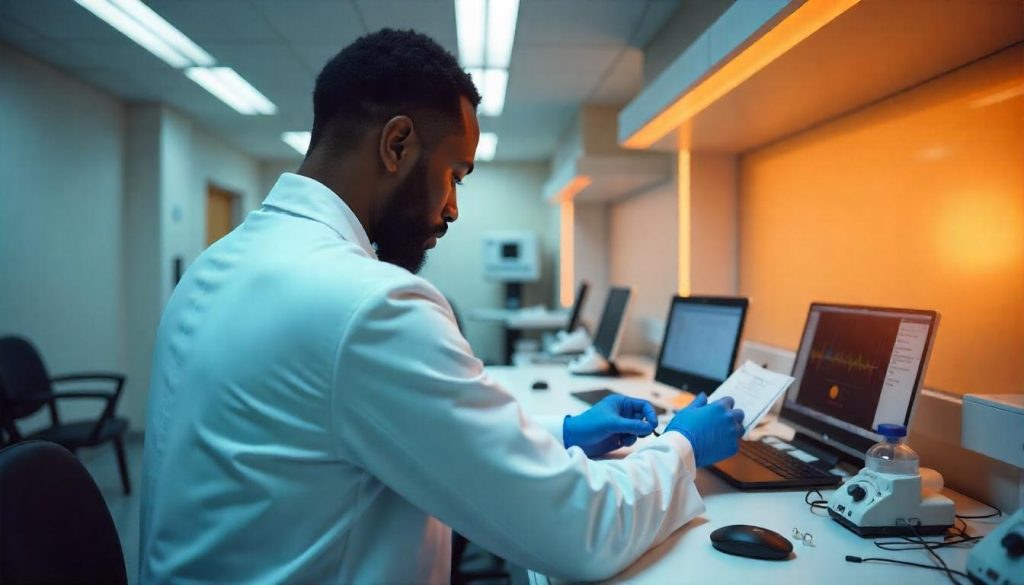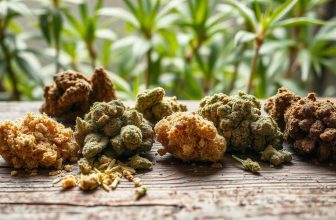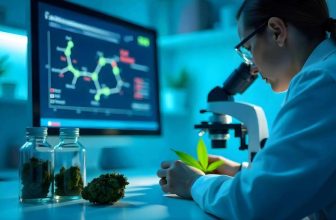It's common knowledge that CBD is at the center of scientific attention regarding its potential health benefits. One of the hottest topics at the moment: CBD's effects on the liver. That's precisely what I'm going to tell you about in this article.
Understanding how the liver works
The liver is like every other organ in the human body: particularly important for your survival. As it happens, it takes on many of your body's responsibilities:
- Filtering toxins from the blood,
- Production of bile, which helps digest fats,
- Nutrient storage
- Hormone regulation,
- Helps fight infections,
- Produces cholesterol.
As you can see, its role is crucial. Luckily, it also has an impressive capacity for regeneration – a godsend for human beings!
How to monitor liver health?
Liver enzymes such as CDT (Carbohydrate-Deficient Transferrin) and gamma GT (gamma-glutamyltranspeptidase) are important markers of liver function.
In fact, this is how liver damage or disease is assessed. An increase in these enzymes may indicate a problem somewhere.
To check the health of your liver, there's the CBC (blood cell count), which is another type of blood test.
It provides information on the different types of blood cells, including red blood cells, white blood cells and platelets, which can be affected by potential liver disease.
Effects of CBD on the liver: what the research says

Many studies have been carried out on the effect of CBD on the liver. All agree on the same thing: CBD can be good for the liver in various ways, provided a certain dosage is respected. Otherwise, overdosing can cause real liver damage.
Recurring topics regarding CBD's benefits on the liver indicate that CBD would preserve the liver from alcohol damage by :
- Reduces fat accumulation in the liver and damage caused by alcohol,
- Promotes lipid breakdown,
- Stimulates autophagy,
- Regulates inflammation,
- Reduces oxidative stress,
- Inducing apoptosis of activated hepatic stellate cells.
It is also said to improve liver function in patients with hepatitis C. A 2014 study published in the Journal of Clinical Pharmacology showed that a patient who received a dose of CBD every day for a month experienced improved liver function.
Of course, this research is very interesting, but there's still some way to go before we can definitively conclude that CBD has a positive effect on the liver.
Influence of CBD on CTD and gamma GT levels
Carbohydrate Deficient Transferrin (CDT) is an enzyme used to identify regular alcohol consumption. Increased levels of CDT signal an alteration in transferrin, a glycoprotein produced by the liver that transports iron throughout the body.
Genetic variations or severe liver disorders can affect CDT levels, and the same is true of CBD when consumed in excess.
The enzyme gamma-glutamyl transferase (gamma-GT), found mainly in the liver, is a common marker of liver health. CBD abuse can alter liver function, affecting gamma-GT levels.
Links between CBD and CBC (blood cell count)
The CBC is one of the first things you should do if you suspect a problem with your liver. The same applies to CBD consumption. A priori, there shouldn't be any problem if you don't exceed the recommended doses of CBD.
However, it would appear from the studies presented above that a healthy liver doesn't particularly need CBD to be healthy. And that, on the contrary, a healthy liver could quickly see its health deteriorate because of CBD. The key is to monitor your dosage.
That's why the CBC test is a must for regular CBD users. This blood test can detect pathologies such as anemia, infections or leukemia. As with other organs, it's essential to monitor the health of your liver. You've been warned!
Tips for responsible CBD consumption
I can't say it enough, safe CBD use means watching your dosages. To do this, you can read the instructions and take advice from reliable retailers. There are scams on the internet, so choose your sources carefully.
These precautions are essential if you want to avoid damaging the long-term health of your liver.
Follow us on 
Join the Community
Don't miss any news with our newsletter





